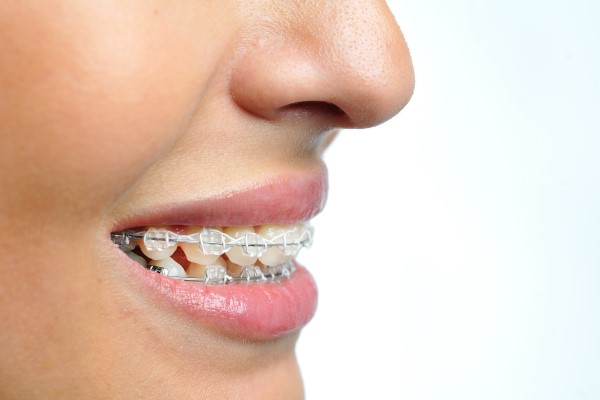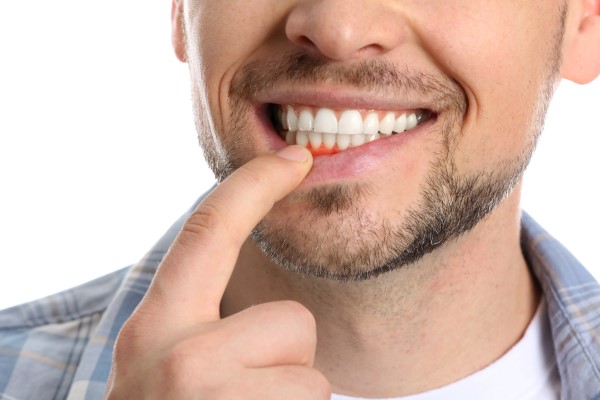Why Is Preventive Dentistry Important?

Preventive dentistry can support your efforts to keep your mouth healthy, including practicing good oral hygiene, eating a balanced diet, and avoiding things that can damage your teeth and gums. Good oral hygiene goes a long way in helping to prevent common dental issues, such as tooth decay and gum disease, but sometimes it is not enough.
Preventive dentistry includes treatments that provide additional protection against problems like gingivitis, periodontitis, tooth decay, and enamel erosion. It also keeps your teeth looking their best.
The importance of preventive dentistry
Let us take a look at a few of the benefits of preventive dental care.
1. Protects overall health
Oral issues like periodontal disease have been linked to health issues like lung disease, heart disease, diabetes, brain disorders, and an increased risk of cancer, according to studies reported by the American Academy of Periodontology. Healthy teeth also help break down foods before swallowing. People with severe dental problems often have difficulty consuming a balanced diet.
Preventive treatments can help keep the gum tissues healthy, protecting general health. It also keeps the teeth healthy, so patients can consume a nutritious diet that helps re-mineralize their teeth.
2. Saves money
As a general rule, the earlier that a dentist detects an existing dental issue, the lower the dental bills will likely be because treating a developing dental problem is less complicated. For example, tooth decay can only be reversed during its earliest stage: demineralization. A fluoride treatment can usually reverse the damage done at that point. Fluoride treatments are among the cheapest treatments performed by dentists.
When tooth decay is left untreated, the tooth might eventually need a root canal, a considerably more expensive treatment. A crown will also likely need to be purchased for the tooth.
3. Leads to fewer dental issues
Preventive dental care might not completely eliminate the possibility of developing dental problems, but it significantly reduces the odds. That means fewer dental issues later and less time dealing with uncomfortable symptoms, like toothaches. It also means fewer unscheduled visits to the dentist due to a dental problem interfering with everyday life.
The basics of preventive care
Taking care of the mouth starts with having good oral hygiene. Aim to brush the teeth at least two times a day and to floss once daily. Brushing removes plaque, bacteria, and acids from the mouth, and flossing does the same for interdental spaces.
Oral bacteria cause tooth decay and gum disease. These microorganisms feed on sugars and excrete acids that eat away at enamel. Plaque is a buildup of bacteria that hardens into tartar, and it can cause gum disease when it accumulates in gum pockets. Treatments that dentists can provide to protect a patient's teeth and gums include:
- Dental examinations
- X-rays
- Teeth cleanings
- Dental sealants
- Fluoride treatments
Take control of your oral health
If you take good care of your mouth, you are more likely to need fewer restorative treatments and have lower dental bills. Give us a call or stop by our Pasadena clinic to learn more about preventive care.
Request an appointment here: https://www.dentalcarepasadena.com or call Karrie Chu DDS Dental Care at (626) 472-2189 for an appointment in our Pasadena office.
Check out what others are saying about our dental services on Yelp: Preventive Dentistry in Pasadena, CA.
Recent Posts
Some people may not realize how improper oral care can have a negative impact on their overall health. Untreated tooth decay does not heal without treatment and usually worsens over time. When those with multiple cavities ignore their dental needs, they may be putting themselves at risk for a variety of other medical problems, some…
Much like a routine visit to the doctor’s office, a dental check-up is a good way to assess how you are doing with oral wellness. It is easy to get busy with life and forget about making this important appointment. However, you should make this a priority for yourself and everyone in your family.A dental…
The fact is that sensitive teeth are oftentimes painful, and the only way to treat the issue in many instances is to visit the dentist for in-office care. By fully understanding the more concerning signs indicating that a trip to the dentist office is necessary, you can get the treatment you need and prevent a…
Dental phobia is typically classified as a more severe form of dental anxiety. It leads many people to avoid visiting the dentist altogether, and those who do visit the dentist battle through fear and severe anxiety. The good news is that there are effective ways for a general dentist to help patients who struggle with…


